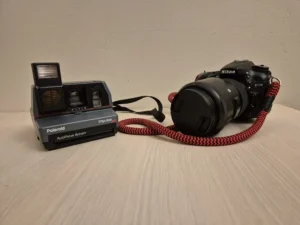Should I upgrade my camera or lens? This is a question that many photographers have not too long after they become enthusiastic about taking pictures. If you own a DSLR or mirrorless camera, you’ve most likely considered an upgrade.
The best answer to this question depends on two things. What camera and lens do you already have? What do you most like to photograph?
In this article, we’ll take a look at why you might want to upgrade at all and when it’s good to do so. You’ll also get an overview of the most important options to consider when upgrading a camera or lens. There are also good reasons to be content with the camera gear you have.
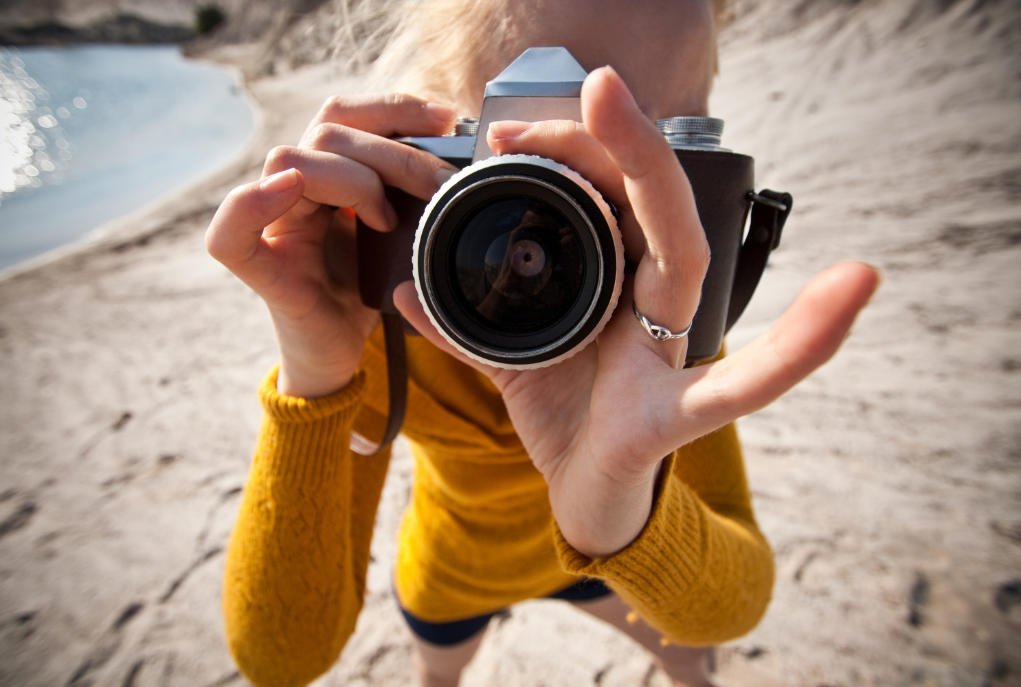
Why Do You Want to Upgrade Your Camera or Lens?
Ask yourself why you want to upgrade your camera or your lens. This is a critical question to ask yourself early in your decision-making process. Many photographers like to upgrade so they can show off they have the newest gear. Others believe upgrading a camera body or lens will empower them to take superior photographs.
New technology is attractive to many people. Being able to have the latest available camera body often has advantages. But will you make the most of the upgrade, or do you just want it to boost your ego?
Before I purchase a new camera body, I need to know if it has features that the body I currently use does not have. Or, at least that it has significant upgrades to its abilities. I also need to know that the improvements are ones that I will make use of.
If a new camera is promoted as having more advanced video features and more megapixels on the sensor, this may sound attractive. But if you don’t take much video and mainly share your photos online, then these two upgrades are not going to mean much to you practically.
When you are still only using your kit lens and want to start photographing birds or wildlife, a new lens can make a world of difference. With lenses, technology does not change so rapidly. The most likely reason you’ll think about buying a new lens is that the ones you use are not capable of taking the types of photos you want to.
I was brought up to spend money carefully and make sure larger purchases were worthwhile. So I take upgrading my camera body or buying a new lens seriously.

Does Your Current Camera Body Sufficiently Meet Your Needs?
I am still currently using my beloved Nikon D800. I bought it new when it was first released, about eight years ago. The main attraction to me in this camera body was its ability to record video on a full-frame sensor. None of my previous cameras had been capable of this. Because I produce a lot of videos, this upgrade was significant for me and well worth spending the money on.
The megapixel count was also triple that of the camera I was using at the time, the Nikon D700. This was not such a compelling feature at the time, but one I quickly grew to appreciate.
Upgrading my camera body meant I could use it to take photographs and record videos. I was able to then sell the large video camera I’d been using. Having to carry less equipment was great!
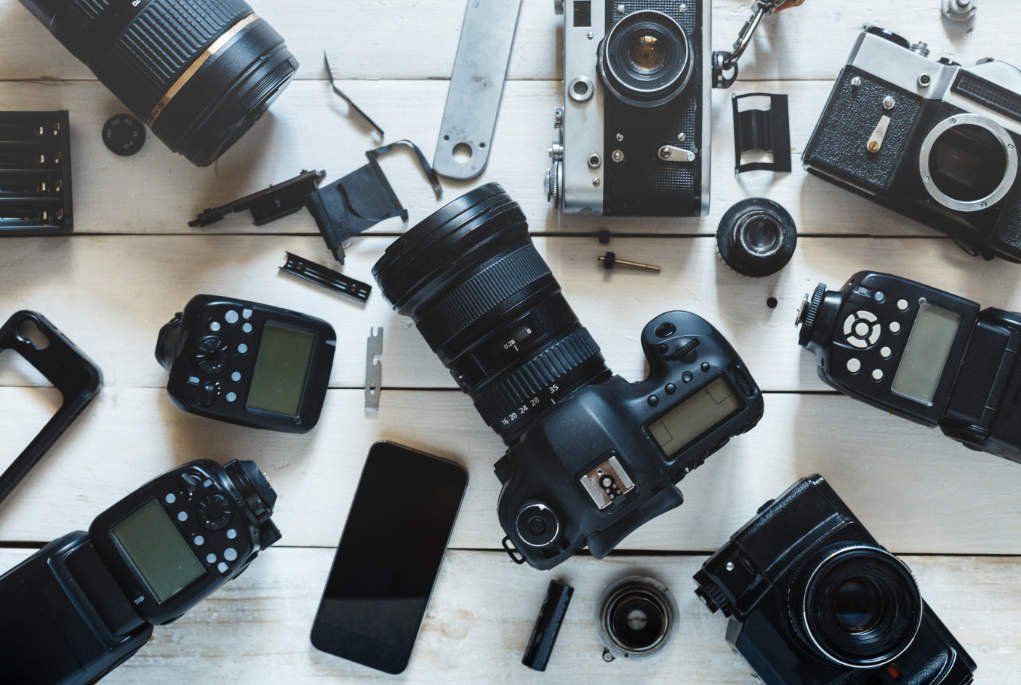
Is Your Camera Quality Good Enough?
A while back, we had a
I asked her why. Her reply was that she did not think her current DSLR was producing good enough quality photos. It was an entry-level camera of good quality. I told her the camera she was using was capable of producing higher quality photos than most of the cameras I’d ever used. I encouraged her not to think about upgrading but to focus on learning to love the camera she already had.
She took my encouragement, and it was wonderful to see how much her
If the camera body you are using is providing you with high technical quality images, maybe you need to think about investing in a new lens or a
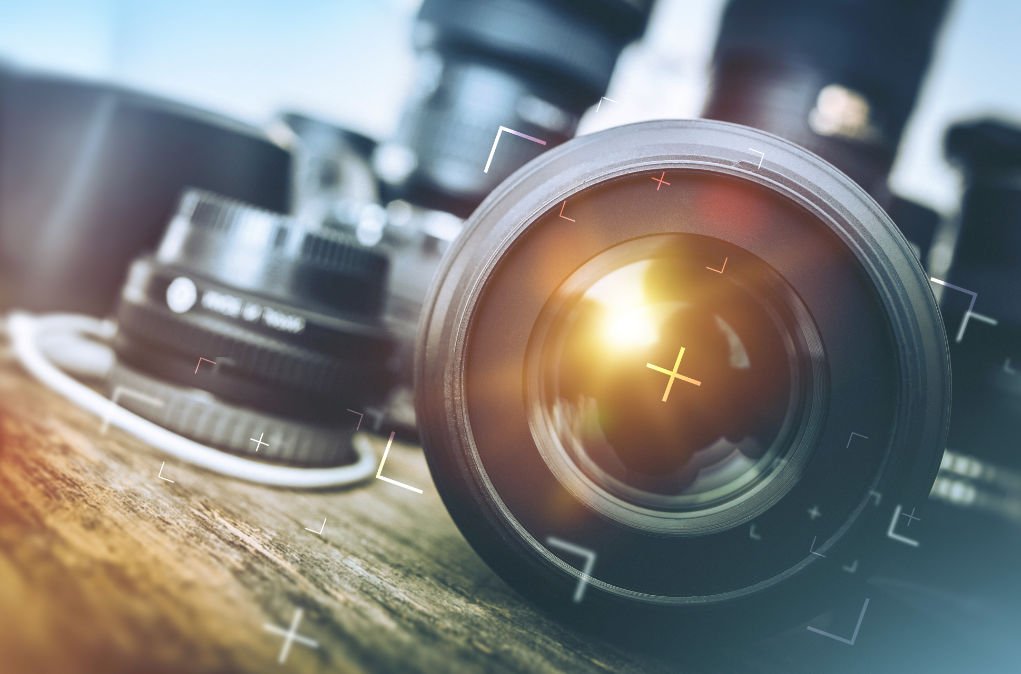
How Significant Will the Upgrade Be to the Quality of Your Photos?
One of the most significant things making a difference to image quality in camera bodies is the size of the sensor. A full-frame sensor generally has more megapixels and produces better quality photos than a smaller sensor does.
Sensor technology seems to have plateaued in recent years, so differences in image quality are not so noticeable as they used to be. A jump in the number of megapixels is not going to make much practical difference in the quality of your photos unless you’re using a very old DSLR or a very low-quality camera.
A new camera body is going to take better photos in low light than an older one. This is one aspect of the technology that’s been consistently improving since the beginning of digital
Auto-focus speed is another advantage that newer and higher quality camera bodies possess. This can be more critical for some photographers than others, depending on what genres of
Upgrading to a new lens, particularly if you’re still only using a kit lens, is more likely to make more of a difference to the quality of your photos.
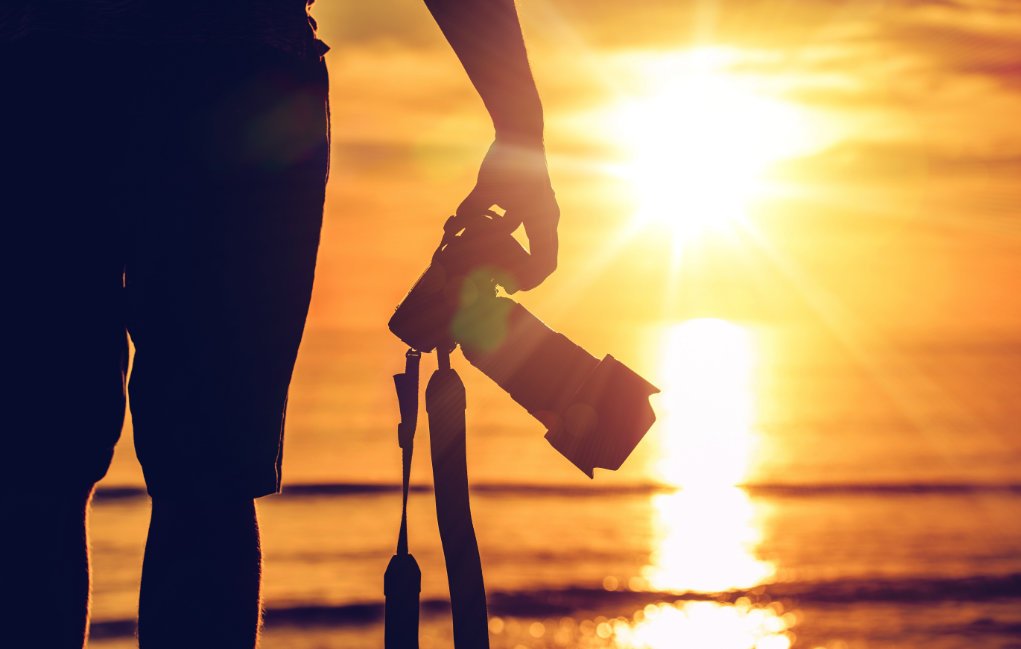
Do Your Current Lenses Meet Your Needs?
Kit lenses have a convenient zoom range and widest aperture to keep them at a cheaper price point. With a kit lens that came attached to your camera when you bought it, you are certainly limited in what you are able to achieve photographically. Higher-end cameras do usually come with better quality kit lenses, but on entry-level cameras these lenses are not usually so wonderful.
If you’ve made a good start with your first camera and your enthusiasm for
One of the most common second lenses people buy is a 50 mm prime. These are inexpensive and typically have the widest aperture setting of f/1.8 or f/1.4. This is much wider than the widest aperture on a kit lens, or even a good zoom lens with an aperture of f 2.8. You’ll be able to take photos in low light more easily and also create photos with lovely soft bokeh.
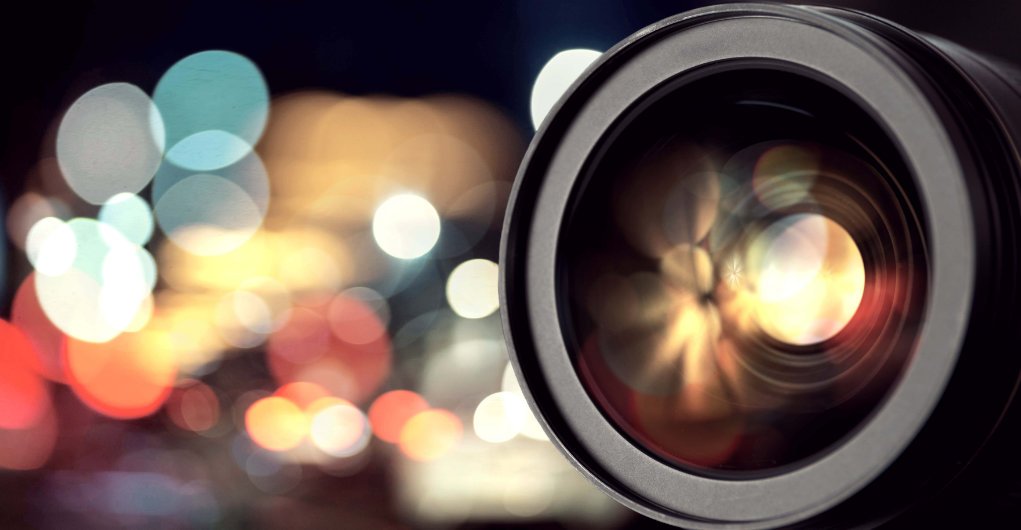
Do You Need A Specialty Lens?
If you’re drawn mostly toward landscape
Macro
Photographing birds, wildlife, and many sports is best done with a long lens. There are many zoom lenses available and some that extend to 500 mm or 600 mm at the extreme. As with other specialty lenses, this type of lens takes some time and practice to get used to.
If you are considering upgrading from your kit lens to a specialty lens you could try renting the style of lens you’re interested in. This will enable you to get a feel for the lens without having to spend much money.
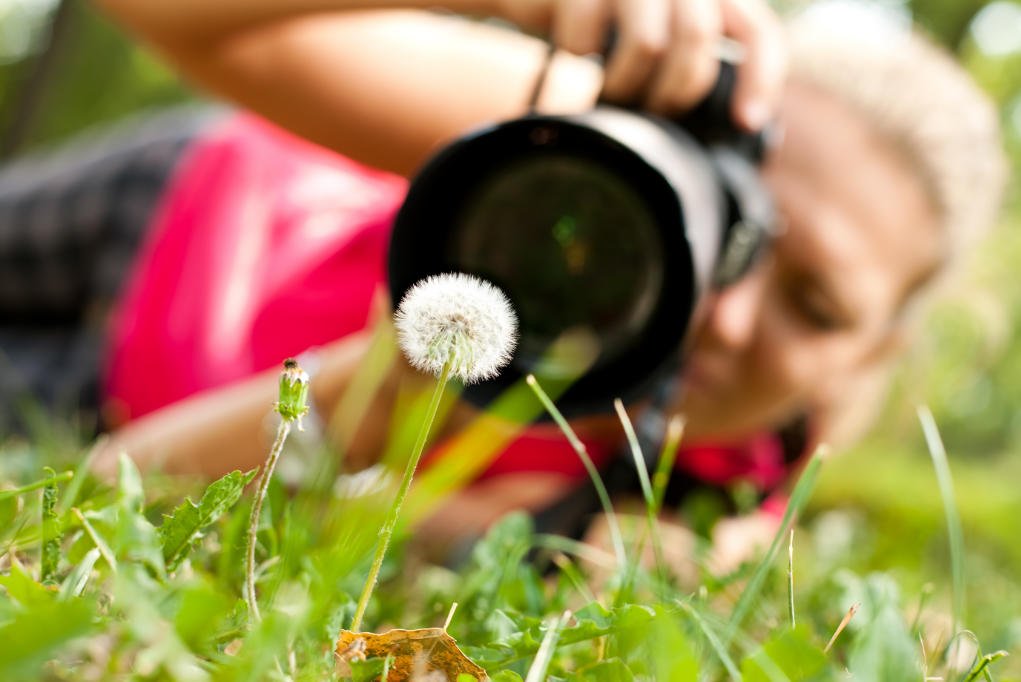
How Do You Decide What Lens to Buy?
Experience will help you know what lens to buy.
About eight years ago I realized my 50 mm f/1.4 lens was no longer focusing properly all the time. This was the first lens I’d ever purchased and I’d been using it for 27 years. I took it to be repaired, but it was not worth spending the money on. I think it was just worn out.
I loved that lens, especially for the wide aperture in low light. But I’d always preferred the wider angle of view of a 35 mm focal length. Buying a new 50 mm f1/4 lens was definitely going to be less expensive than a 35 mm f/1.4, but I looked into it anyway.
I wanted to find out how much it would cost and if the wider lens would still produce a lovely soft bokeh at the wider aperture settings. I surfed the web a little and soon discovered the bokeh on these lenses was beautiful. But the price was steep. Much more than a 50 mm lens cost.
I did some calculations. I figured that my old manual focus 50 mm had lasted me so long and if I bought the 35 mm I might expect even ten years’ worth of use out of it. This worked out to be less than 50c per day. So I bought it. And I have never regretted this purchase.
My experience had taught me what focal length I prefer and that I love to photograph using a wide aperture setting. These were aspects of a lens I knew would be most important in my decision making. If you can identify what lenses you’re most likely to use and know what features are most significant, use these to guide your purchasing choices.
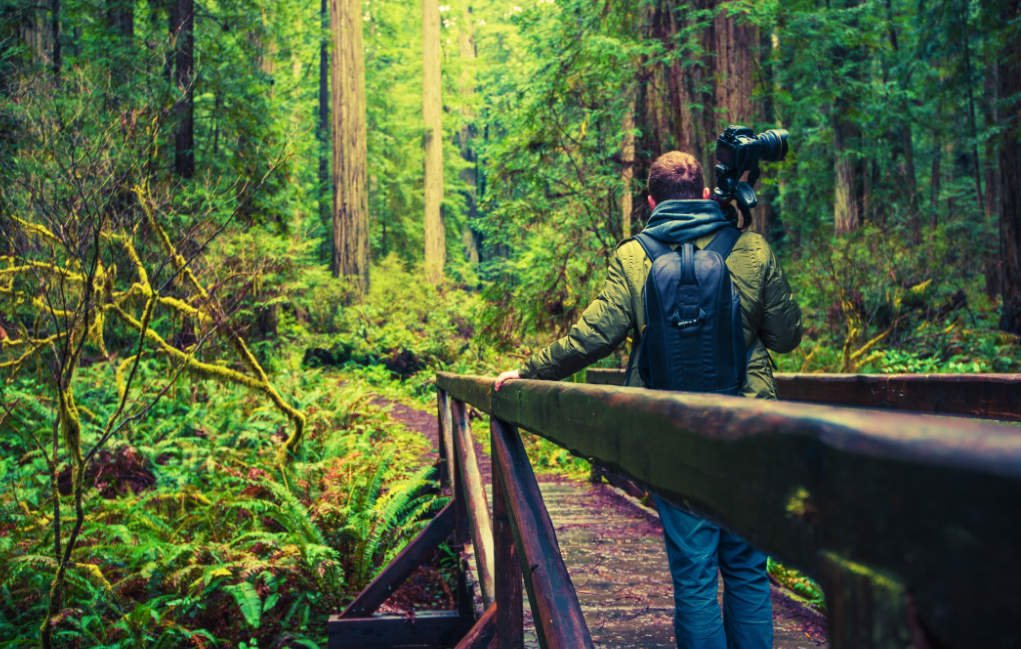
Should I Upgrade My Camera or My Lens First?
Some say upgrading to a new camera first is more important. They’ll tell you a more expensive camera will take better pictures. I beg to differ on this.
A better photographer will take better photos no matter what camera they are using.
Others tell you that a new lens makes all the difference and you should upgrade your lens first. Lenses definitely affect picture quality. A cheap kit lens will often not produce sharp images consistently throughout its zoom range.
Hopefully this article has provided you with some insight into whether you need to upgrade to a new camera body or lens. I cannot make this choice for you. Instead, asking questions to help guide you in the decision-making process is more practical.
Please let us know in the comments below if this article has provided you with practical help.
If you would like to learn more, here are some related articles:
Understanding Camera Lenses
Six Different Types of Lenses
How to Choose a Camera




